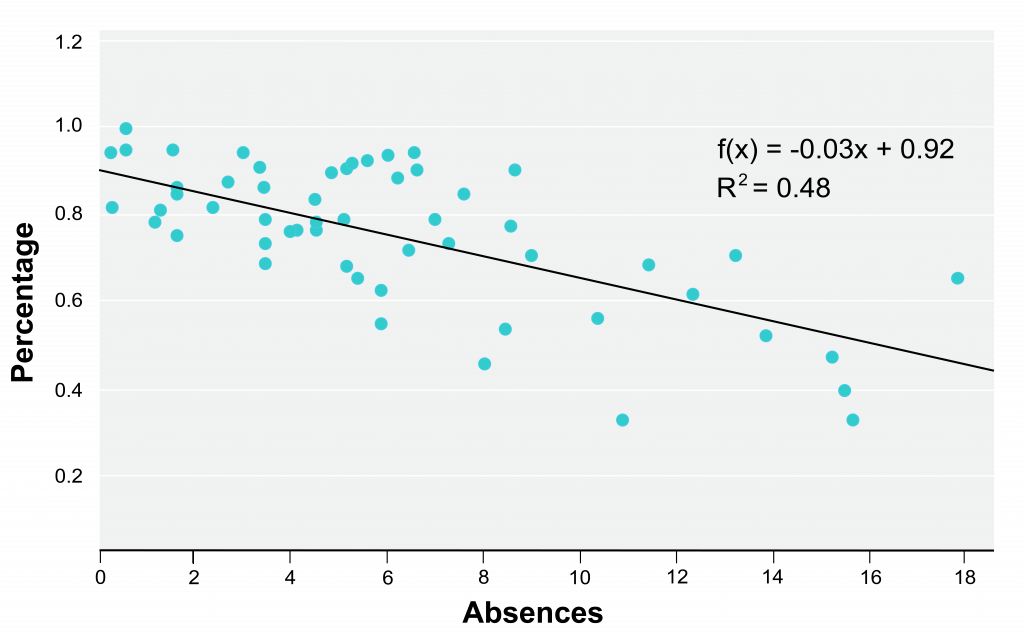1.6 Correlation Does Not Equal Causation
In the previous example, you may have selected “Oral contraceptive usage is correlated with cervical cancer”. This statement is accurate and does not imply that using the Pill necessarily leads to cervical cancer. Nor do we have any reason to think that Brinton’s study was flawed. She used a relatively large number of participants to look for trends, and did her best (using randomly generated phone numbers) to find a random sample for her control group. However, it is understandable that, when this study (and others like it) came out, many people were tempted to think that using oral contraceptives led to cancer. These individuals were falling victim to the idea that correlation implies causation; this misconception is powerful and has created a lot of trouble for scientists.
Note that some correlations are positive: increase/decrease in one variable is correlated with increase/decrease in the other variable. For example, there is a strong correlation between decreasing divorce rates in Maine and decreasing consumption of margarine(Figure 1.4):



Some correlations are negative, whereby an increase in one variable is correlated with a decrease in the other. The data above compare course absences with percentage performance in the course.
Check Yourself

